Comments
- No comments found
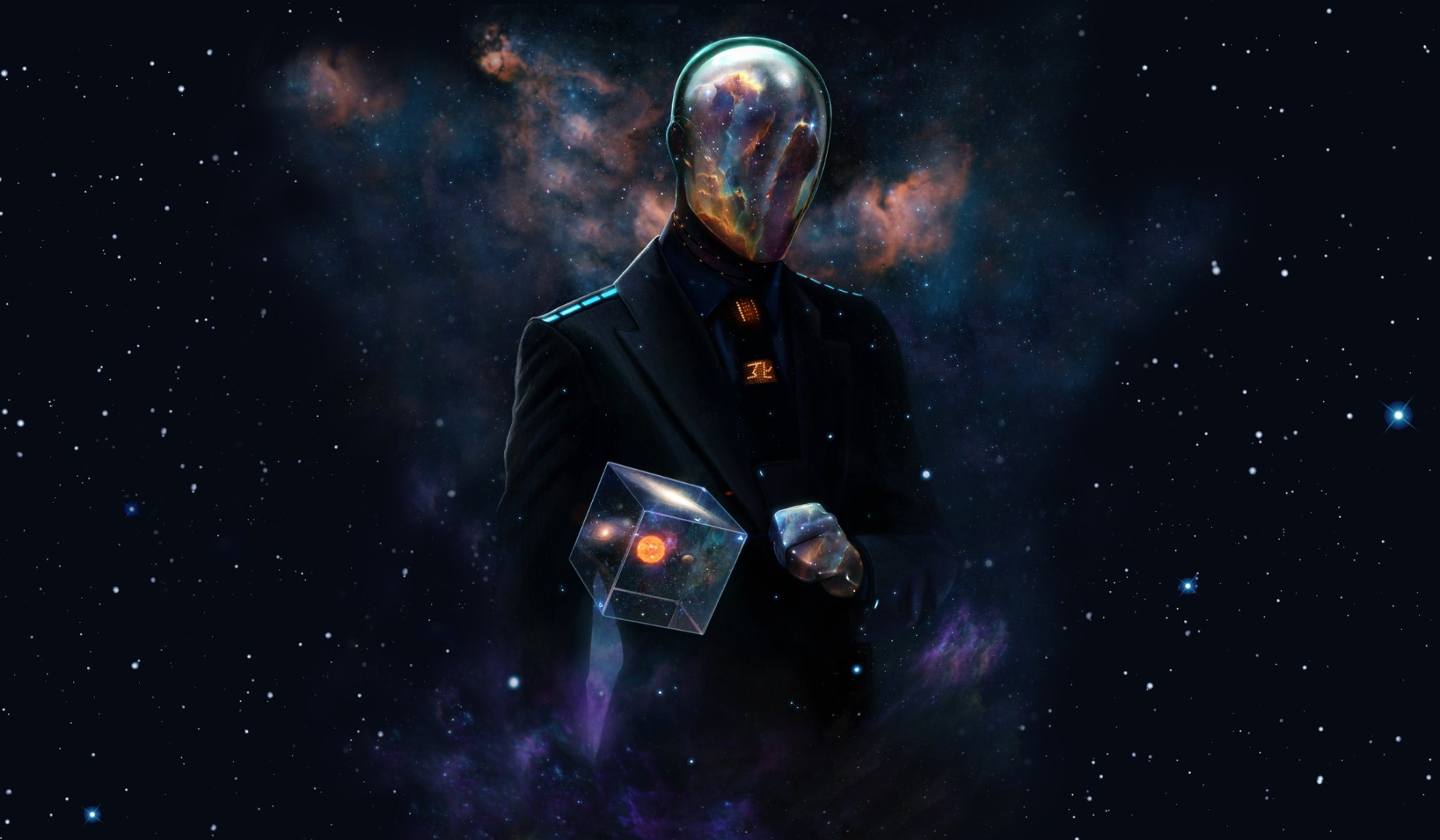
The exact timeline for when AI will reach singularity is uncertain and a matter of speculation.
There are many experts who believe that we are getting closer every day, while others believe that it may be several decades or even centuries before we reach singularity. The timeline for singularity will depend on a number of factors, including advances in AI technology, the speed of progress in related fields such as neuroscience and computer science, and the availability of computing resources. Ultimately, it's impossible to predict exactly when singularity will occur, but it's clear that AI is rapidly advancing and has the potential to revolutionize many industries in the near future.
Singularity, a term popularized by mathematician and computer scientist Vernor Vinge, refers to the idea that artificial intelligence will eventually surpass human intelligence and lead to a technological revolution that will change the world as we know it. This idea has gained significant traction in recent years as advances in artificial intelligence and machine learning have enabled computers to perform tasks that were once thought to be exclusive to humans.
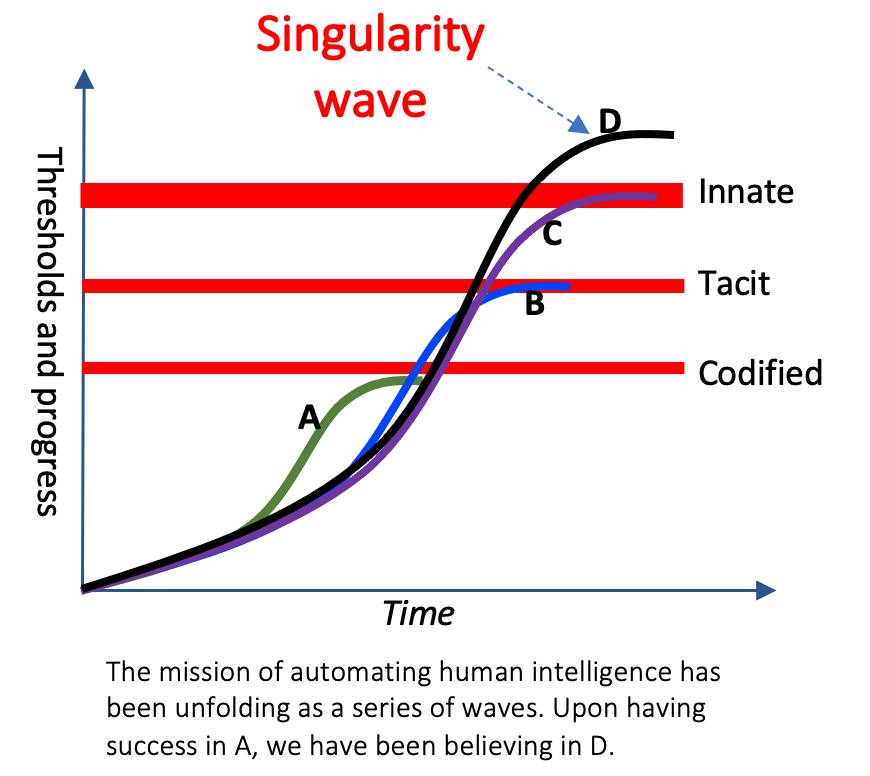
Singularity refers to the idea that artificial intelligence will eventually surpass human intelligence and lead to a technological revolution that will change the world as we know it. This idea has gained significant traction in recent years as advances in artificial intelligence and machine learning have enabled computers to perform tasks that were once thought to be exclusive to humans.
While the exact timeline for singularity is uncertain, many experts believe that we are getting closer every day. Advances in artificial intelligence and machine learning have enabled computers to perform tasks that were once thought to be exclusive to humans, such as playing complex games like chess and Go, recognizing faces and objects, and translating languages.
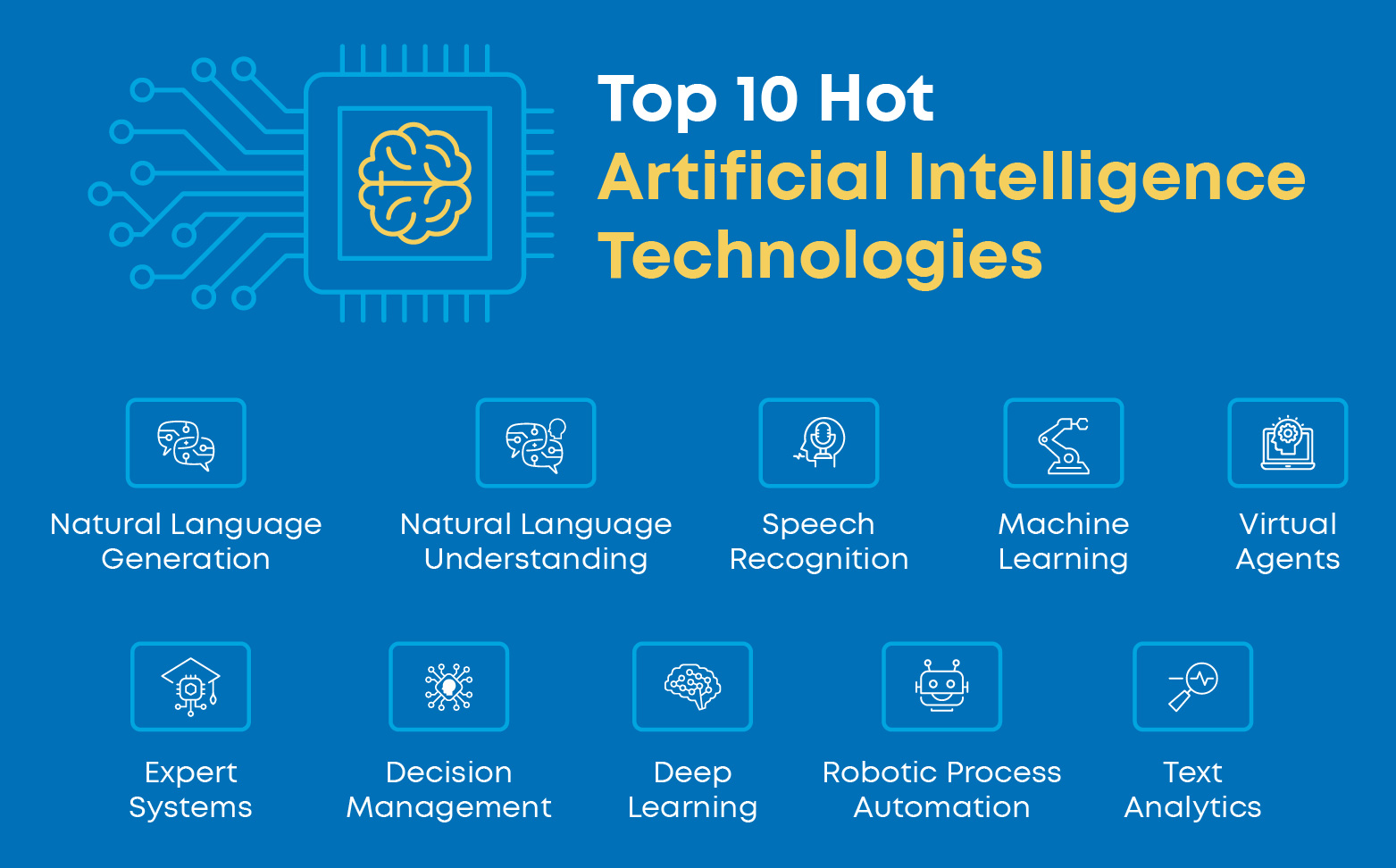
There are many examples of AI technologies that are already in use today. Some of the most common include voice assistants like Siri and Alexa, self-driving cars, and virtual customer service agents. AI is also being used in healthcare, finance, and retail to analyze large amounts of data and make predictions about trends and patterns.
Here are some other few examples:
Natural language processing (NLP): This is a type of AI that allows machines to understand and respond to human speech and text. It's used in virtual assistants, chatbots, and other applications that involve human-machine communication.
Computer vision: This is a type of AI that allows machines to interpret and understand images and video. It's used in applications such as self-driving cars, facial recognition, and image recognition.
Machine learning: This is a type of AI that allows machines to learn from data and make predictions or decisions without being explicitly programmed. It's used in many applications, including predictive analytics, recommendation systems, and fraud detection.
Robotics: This is a type of AI that involves the design and use of robots for various tasks. Robotics technology is used in manufacturing, medical applications, and even space exploration.
Deep learning: This is a type of machine learning that uses artificial neural networks to learn from large amounts of data. It's used in applications such as image and speech recognition, and is a key component of many advanced AI systems.
These are just a few examples of the many AI technologies that are currently in use or being developed. As AI continues to advance, we can expect to see many more exciting applications and breakthroughs in the near future.
While singularity has the potential to revolutionize many industries and make our lives easier, it also raises important ethical questions. For example, if machines become more intelligent than humans, who will be responsible for controlling them? How will AI impact employment and the job market? What will happen to human creativity and individuality if machines can perform many tasks better than we can?
The potential consequences of singularity are both positive and negative. Some of the most significant potential consequences include:
Economic disruption: Singularity has the potential to cause major economic disruption, as machines become capable of performing many tasks that were once performed by humans. This could lead to widespread unemployment, as well as a shift in the skills that are in demand.
Improved quality of life: On the positive side, Singularity has the potential to greatly improve our quality of life by automating many tedious and dangerous tasks, freeing up humans to focus on more creative and fulfilling work.
Advancements in medicine and technology: Singularity could lead to major advancements in medicine and technology, as machines become capable of analyzing large amounts of data and making more accurate diagnoses and predictions.
Increased inequality: There is a risk that singularity could lead to increased inequality, as those who are best equipped to adapt to the new technological landscape reap the greatest benefits, while others are left behind.
New ethical challenges: As singularity approaches, new ethical challenges will emerge, such as questions about the role of machines in decision-making and the responsibility of those who control them.
It's important to note that the potential consequences of singularity are largely speculative and dependent on many factors, including the pace of technological progress and the choices that society makes about the development and use of AI. In order to maximize the positive potential of singularity while minimizing the risks, it's important to engage in ongoing discussion and debate about the ethical and social implications of AI.
As we approach singularity, it's important to consider the ethical implications of AI. For example, how will AI impact employment and the job market? What will happen to human creativity and individuality if machines can perform many tasks better than we can? It's also important to consider who will be responsible for controlling machines once they become more intelligent than humans.
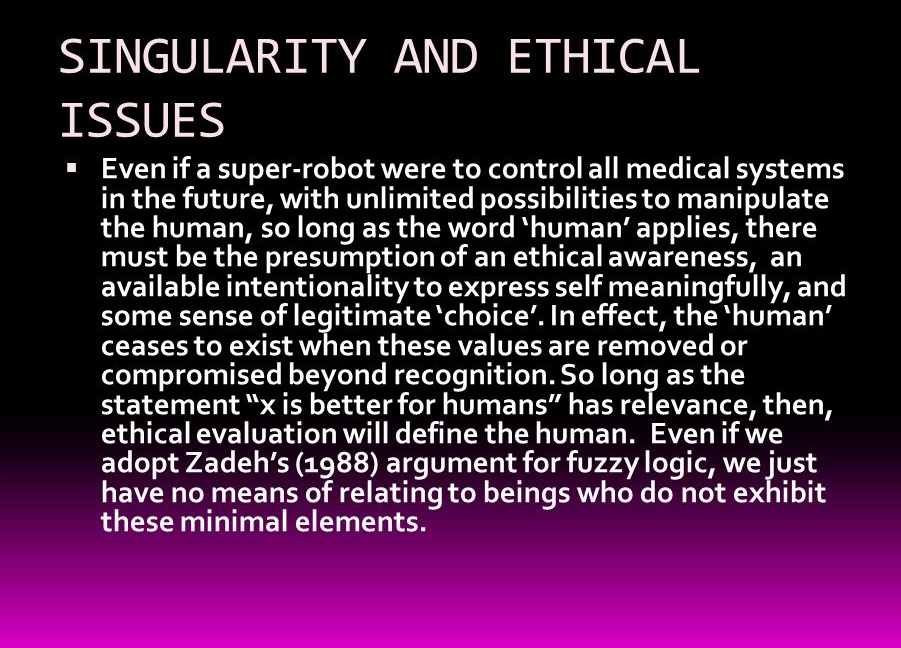
There are several ethical considerations that must be taken into account. Some of the most important include:
Responsibility: If machines become more intelligent than humans, who will be responsible for controlling them and ensuring that they are used ethically?
Employment: How will AI impact employment and the job market? Will machines take over jobs that were once performed by humans, leading to widespread unemployment?
Privacy and security: As AI becomes more advanced, there are concerns about the privacy and security of personal data. Who will have access to this data, and how will it be used?
Bias: AI algorithms are only as unbiased as the data they are trained on, and there is a risk that they could perpetuate existing biases and discrimination.
Human creativity and individuality: If machines become more capable than humans in many tasks, what will happen to human creativity and individuality? Will machines replace human creativity and originality?
Control: How will society ensure that AI is used for the betterment of humanity, rather than for harmful purposes such as warfare or exploitation?
These are just a few of the ethical considerations that must be taken into account as we approach Singularity. It's important to engage in ongoing discussion and debate about these issues in order to ensure that AI is developed and used in a responsible and ethical manner.
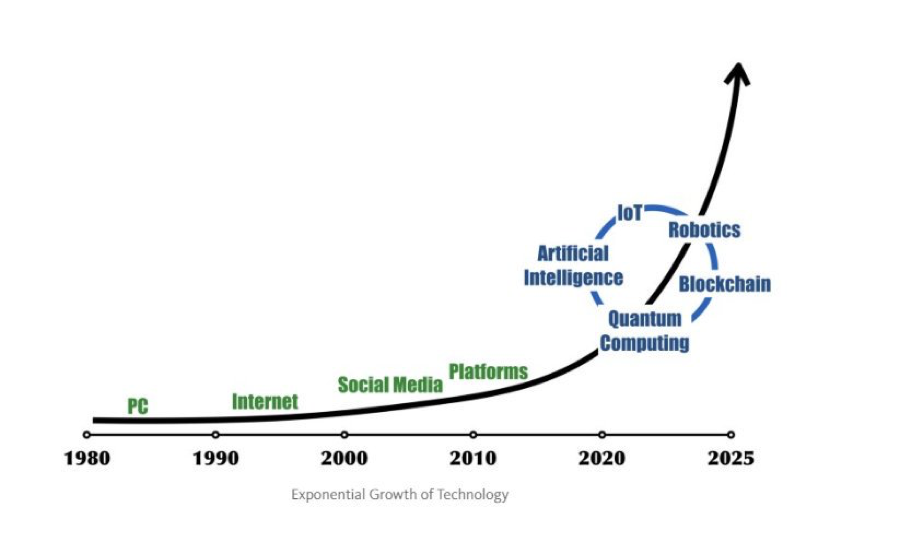
While singularity is still a ways off, it's clear that AI is rapidly advancing and has the potential to revolutionize many industries. As we approach singularity, it's important to consider the ethical implications of AI and work to ensure that the technology is used for the betterment of humanity. With careful consideration and planning, we can harness the power of AI to make our lives easier and create a better future for all.
Leave your comments
Post comment as a guest